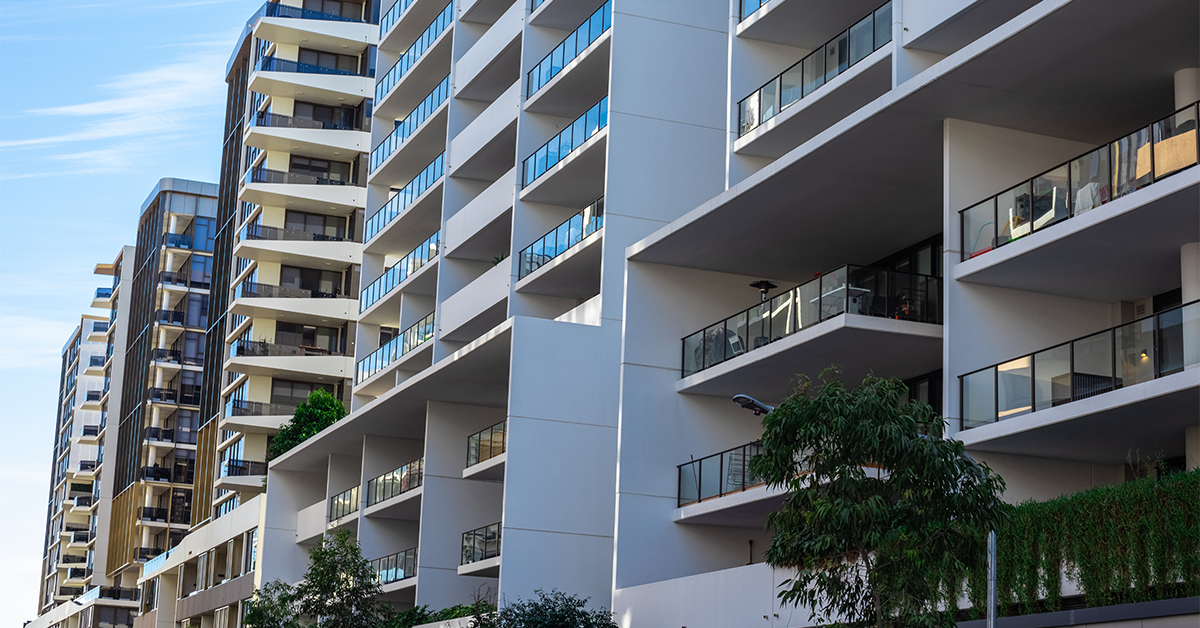- No products in the cart.


Today’s latest Australian Bureau of Statistics data confirms the housing market continues to dampen economic recovery efforts with higher density home building not keeping pace with demand.
Master Builders Australia CEO Denita Wawn says rental prices accelerated again in July amid plummeting approvals for new higher density homes.
“Monthly inflation figures from the ABS show that annual rental inflation surged to 7.6 per cent in July, its highest in almost 15 years.
“At the same time, higher density home building approvals took a big step backwards – dropping by 19.9 per cent during July.
“Being able to meet demand in the rental market relies on there being enough apartments and units available. In this area, we have been underbuilding since before the pandemic.
“Today’s figures are showing that there are less – not more – new homes coming our way. It is hard to see how we can bring the rental market under control if this remains the case.
“We need to see governments working to make it easier for new projects to get the green light by kickstarting private investment and reducing development costs and delays.
“National Cabinet has recently announced measures around a planning reform blueprint. Governments across all levels must now implement the measures announced today as a matter of urgency.
“Every policy support needs to be pulled out of the toolbox to get things moving when it comes to higher density home building.
“For builders and developers, the risk is often too great, the cost too high and the timescale too stretched. There is much that governments at different levels can do.
“Freeing up the ways in which businesses and workers can interact with each other could provide a springboard for improvements in in bringing down housing construction costs.
“The Federal Government’s upcoming industrial relations legislation poses a real concern by taking away much-needed flexibility and freedoms of employers, their employees and independent contractors; inadvertently sending productivity backgrounds backwards and passing on higher costs down the supply chain.
“While rents continued to surge during July, there was better news for new home costs. Over the year to July, the cost of buying a new home rose by 5.9 per cent – a much slower pace of increase compared with previous months.
“The deceleration of new home costs contributed to a further reduction in the inflation rate. At 4.9 per cent, Australia’s inflation rate is at its lowest in 18 months.
“Inflation had peaked at 8.4 per cent in December. Since then, the process of bringing inflation under control has progressed more quickly than many expected.
“A separate set of ABS figures out today show that some important sections of Australia’s building and construction industry remain in very good health.
“The total volume of construction work done across the country during the June 2023 quarter was 9.3 per cent higher than the same period last year.
“The sizeable portfolio of government-led infrastructure projects contributed to a 15.5 per cent jump in civil and engineering work over the past year. The volume of non-residential building has also enjoyed a decent uplift (6.7 per cent) over the past year,” Ms Wawn said.
Media contact:
Dee Zegarac
National Director, Media & Public Affairs
0400 493 071 | dee.zegarac@masterbuilders.com.au

